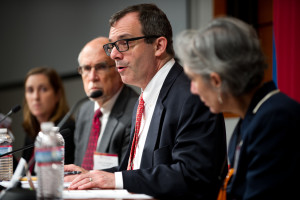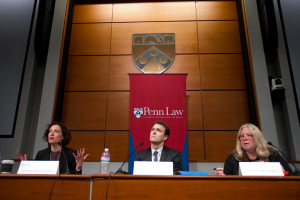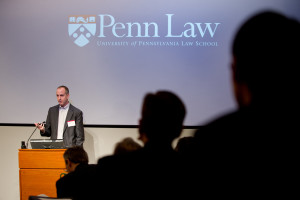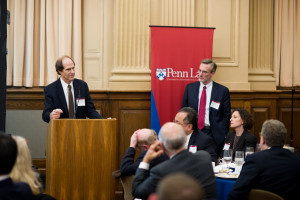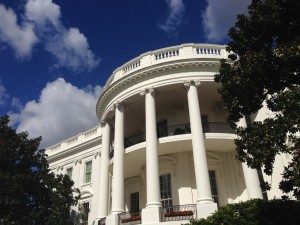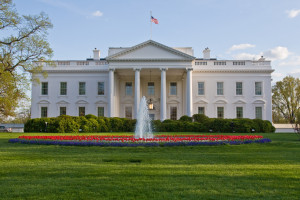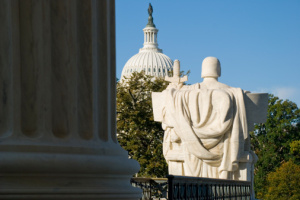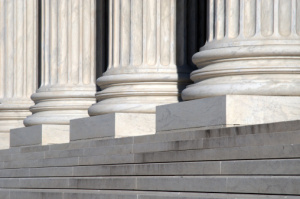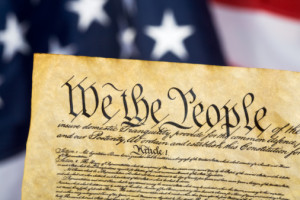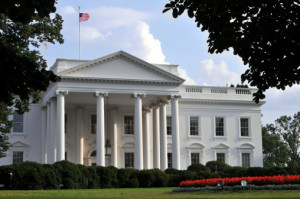Does Anyone Know What the “Take Care Clause” Means?
Courts have used the take care clause in multiple, and sometimes conflicting, ways.
The Role of Faithful Execution in U.S. Immigration Policy
Patricia Bellia explores legality of deferred action program under the faithful execution clause.
Implementing Health Care Reform During a Political Stalemate
Nicholas Bagley analyzes expanding executive power in the name of health care reform.
Is Balance of Power a Useful Doctrine?
Eric Posner argues that “balance of power” is not a helpful concept for governing the relationship between the branches.
Constitutional Arrogance
Michael Gerhardt argues that the presidency is designed to stretch the boundaries of its power.
The Case for Greater Executive Discretion
Cass Sunstein argues that the executive branch has better information to make policy decisions than the other branches of government.
The Bounds of Executive Discretion in the Regulatory State
Penn Law hosts symposium on the legality of contemporary uses of executive power.
An Easier Way to Untangle Regulatory Knots
Congress could help agencies reduce regulatory redundancies by passing a single law.
Rebuilding Accountability in the Administrative State
When it comes to rulemaking, “It should no longer be sufficient for agency decision makers to assume that the only hurdle they have to meet is simply not being ‘clearly wrong.'”
Putting Foxes in Charge of Guarding Henhouses
“Chevron deference has created a regulatory landscape where agencies may in some cases do what they want, rather than what the law requires or allows them to do.”
Politics, Law, and Presidential Power
Disputes about the limits of executive power cannot be productively resolved by appeals to the Constitution.
Regulating the Settler-in-Chief
When it comes to brokering settlements, presidential power may need to be regulated.

